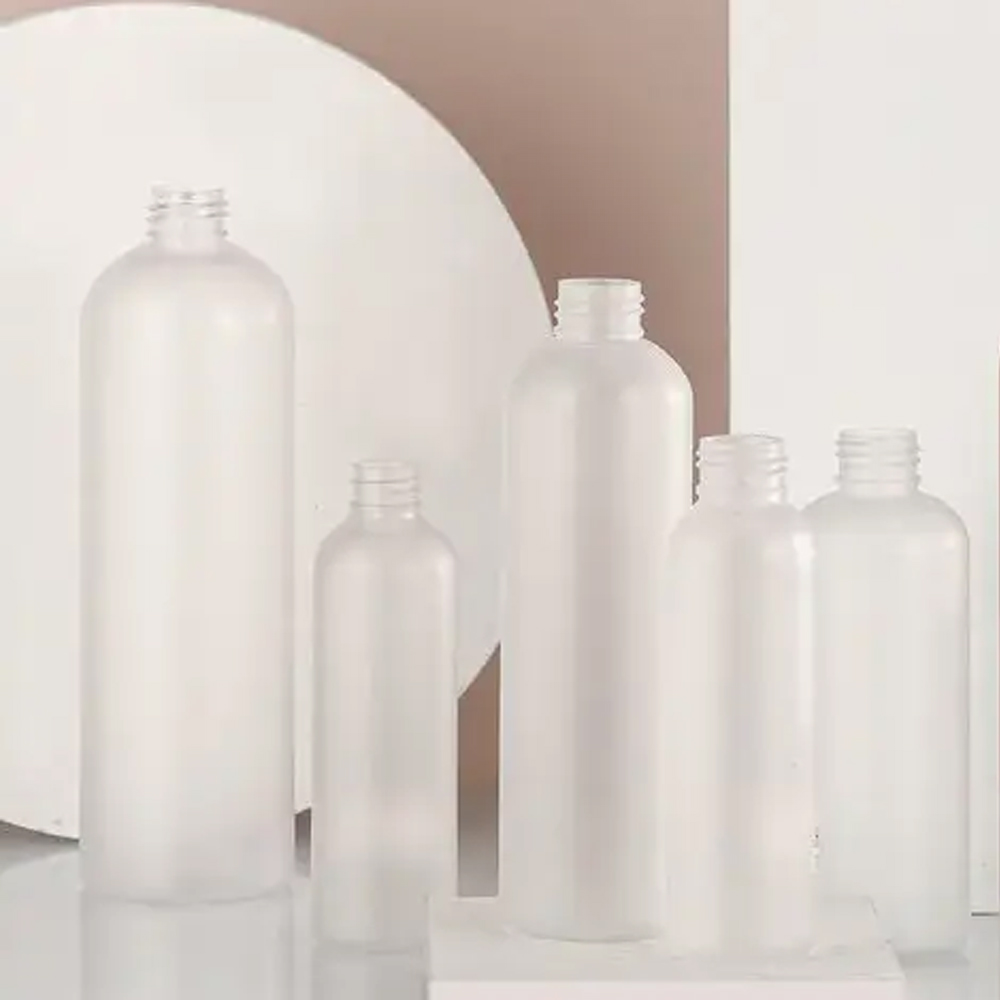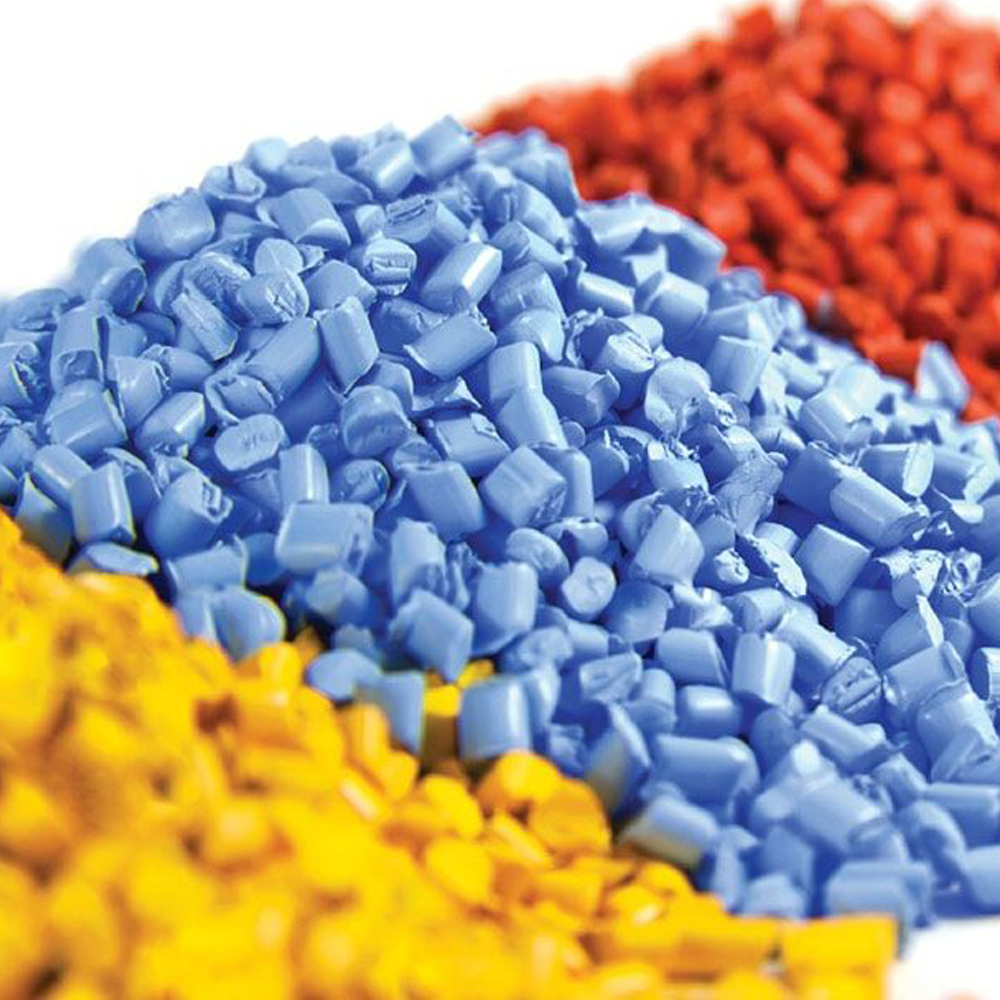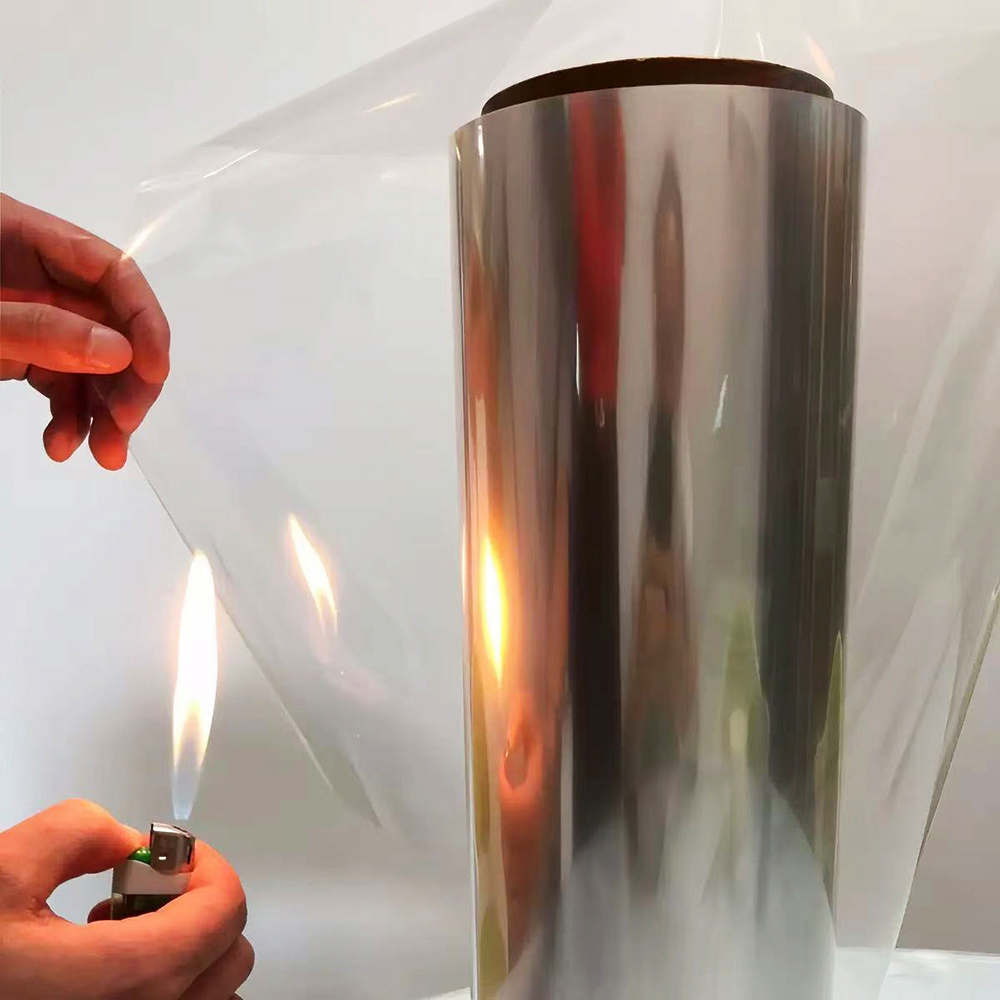
قسط الجودة تأثير الصقيع ماستر
ومن خلال الجهود التعاونية مع عملائنا وفريق تطوير المنتجات المخصص لدينا، قمنا بتوسيع مجموعتنا من الأصبغة الرئيسية مع التركيز على العناصر المرئية والتأثيرات.
يتميز هذا المنتج بمزايا تفوق البلاستيك الخام والملونات التقليدية كالأصباغ. في هذه المقالة، نستكشف 10 أسباب لماذا الماسترباتش، بما في ذلك ماسترباتش PET, ماستر اللون، و ماسترباتش مضافة، لا غنى عنه لتلوين وتحسين المنتجات البلاستيكية.
الماسترباتش هو خليط مُركّز، عادةً ما يكون على شكل حبيبات صلبة، يُستخدم لإضفاء اللون أو خصائص وظيفية أخرى على المنتجات البلاستيكية. يتكون من راتنج بلاستيكي أساسي، وملونات، ومواد مالئة (مثل كربونات الكالسيوم)، وإضافات. تُسخّن هذه المكونات وتُخلط لتكوين محلول متجانس، ثم يُبرّد ويُقطّع إلى حبيبات صغيرة. يُستخدم الماسترباتش كمادة مضافة للبلاستيك بثلاث وظائف رئيسية:
يتم تصنيف الماسترباتش إلى ماسترباتش حشو كربونات الكالسيوم, ماستر اللون، و ماسترباتش مضافة، كل منها يخدم غرضًا فريدًا لتحسين جودة ووظائف المنتجات البلاستيكية.
من أهم أسباب انتشار استخدام الماسترباتش هو فعاليته من حيث التكلفة. ففي السابق، كانت المنتجات البلاستيكية تُصنع من الراتنج الخام، المشتق من البترول. ومع ذلك، ونظرًا لارتفاع تكلفة البترول والحاجة المتزايدة للاستدامة، يُوفر الماسترباتش بديلًا اقتصاديًا. فمن خلال استبدال البلاستيك الخام جزئيًا بماسترباتش، يُمكن للمصنعين خفض تكاليف المواد دون المساس بالجودة والخصائص المطلوبة للمنتج النهائي.
ماستر باتش ملون يتيح هذا الأمر للمصنعين على وجه التحديد إضافة اللون إلى المنتجات البلاستيكية بطريقة فعالة من حيث التكلفة، مما يقلل من كمية المواد الخام الباهظة الثمن المطلوبة.
يأتي الماسترباتش على شكل حبيبات سهلة التخزين والاستخدام مقارنةً بالأصباغ المسحوقة. تضمن طبيعة الحبيبات المدمجة والمتينة بقاءها سليمة، مما يمنع الانسكابات والفوضى. يمكن تخزين الماسترباتش بالقرب من أنظمة الإنتاج، ويمكن للمصنعين قياس الكمية اللازمة لكل دفعة بدقة، مما يزيد من كفاءة الإنتاج ويقلل من هدر المواد.
يُنتج الشكل الصلب من الماسترباتش غبارًا أقل بكثير أثناء المعالجة مقارنةً بالأصباغ المسحوقة. وهذا يُقلل بشكل كبير من خطر التلوث في بيئة التصنيع. على عكس الأصباغ التي قد تنتقل عبر الهواء وتنتشر في جميع أنحاء المنشأة، ماسترباتش مضافة تبقى الحبيبات سليمة، مما يحافظ على نظافة منطقة الإنتاج ويقلل التلوث المتبادل بين خطوط الإنتاج المختلفة. إضافةً إلى ذلك، يُحسّن انخفاض الغبار المحمول جوًا صحة العمال وسلامتهم من خلال تقليل تعرضهم للجسيمات الضارة المحتملة.
تم تصميم Masterbatch لتوفير تشتت ثابت من الملونات والمواد المضافة، مما يؤدي إلى تحسين توحيد اللون والتحكم بشكل أفضل في عتامة المنتج النهائي وشفافيته. ماستر باتش ملون يضمن توزيع اللون بالتساوي على كامل مصفوفة البلاستيك، مما يقلل الحاجة إلى كميات كبيرة من الملونات، ويحقق نتائج أفضل باستخدام مواد أقل. هذا يسمح للمصنعين بالحفاظ على معايير إنتاج عالية الجودة وتلبية توقعات العملاء بسهولة.
يمكن أن يعزز الماسترباتش المنتجات البلاستيكية عن طريق إضافة خصائص وظيفية مثل مقاومة الأشعة فوق البنفسجية ومقاومة اللهب والحماية المضادة للأكسدة. ماسترباتش مضافة صُممت هذه المادة خصيصًا لإضفاء هذه الخصائص المفيدة، مما يُحسّن الأداء العام للمنتجات البلاستيكية. تساعد هذه الخصائص المضافة على حماية البلاستيك من العوامل البيئية الضارة، وزيادة متانته، وإطالة عمره الافتراضي. كما أن إضافة هذه الخصائص تُقلل الحاجة إلى معالجات أو طلاءات إضافية، مما يُبسط عملية الإنتاج.
يُسهم الماسترباتش في تحسين كفاءة التصنيع. فالتوزيع الدقيق للملونات والمواد المضافة يُقلل الحاجة إلى خطوات إضافية في عملية الإنتاج، مما يوفر الوقت والجهد. ولأن الماسترباتش مُخلط مسبقًا مع المواد المضافة المطلوبة، فإنه يُغني عن أي خلط أو مزج إضافي، مما يُعزز سرعة الإنتاج. علاوة على ذلك، يُقلل استخدام الماسترباتش من وقت التوقف عن العمل ويُحسّن استخدام الآلات، مما يُؤدي إلى دورات إنتاج أسرع.
يمكن تصميم الماسترباتش لتطبيقات محددة، مما يمنح المصنّعين مرونةً في تصميم منتجات تلبي الاحتياجات الدقيقة لمختلف الصناعات. على سبيل المثال، ماسترباتش PET صُمم خصيصًا للمنتجات البلاستيكية القائمة على البولي إيثيلين تيرفثالات (PET)، مما يضمن التوافق والأداء الأمثل. من خلال تخصيص تركيبات الماسترباتش لأنواع البوليمر الفريدة، يمكن للمصنعين مواجهة تحديات مثل المقاومة الكيميائية، والتوصيل الكهربائي، وتحسين حيوية اللون. هذه القدرة على التكيف تجعل الماسترباتش مناسبًا لمجموعة واسعة من الصناعات، بما في ذلك التعبئة والتغليف، والسيارات، والإلكترونيات.
قد تكون العديد من الإضافات والملونات البلاستيكية خطرة أو يصعب التعامل معها في صورتها النقية. يُغلّف الماسترباتش هذه المكونات براتنج بوليمر، مما يقلل من التعرض للمواد الخطرة. تُقلّل عملية التغليف هذه من خطر المخاطر الصحية أثناء التصنيع، مما يجعل الماسترباتش خيارًا أكثر أمانًا للعمال. كما يُجنّب مخاطر التعامل مع المساحيق الناعمة، التي قد تُضرّ بالعاملين والبيئة.
يُساعد الماسترباتش على الحفاظ على بيئة تصنيع أنظف من خلال تقليل خطر الانسكاب والتلوث. على عكس الأصباغ المسحوقة التي قد تُسبب الغبار والفوضى، تبقى حبيبات الماسترباتش سليمة وسهلة الاستخدام. عملية الإنتاج الأنظف ليست أكثر كفاءة فحسب، بل أكثر استدامة أيضًا. بالإضافة إلى ذلك، ماسترباتش مضافة يمكن تصميمها لتشمل خيارات صديقة للبيئة، مثل المواد القابلة للتحلل البيولوجي أو المعاد تدويرها، مما يساعد الشركات المصنعة على تحقيق أهداف الاستدامة وتقليل تأثيرها البيئي.
يتميز الماسترباتش بعمر تخزين أطول مقارنةً بالأصباغ الخام أو الإضافات غير المعالجة. يُغلّف راتنج البوليمر المستخدم في الماسترباتش الإضافات، ويحميها من التعرض للرطوبة وتقلبات درجات الحرارة والأشعة فوق البنفسجية. تضمن هذه الحماية احتفاظ الماسترباتش بفعاليته مع مرور الوقت، حتى أثناء التخزين. ونتيجةً لذلك، يُمكن للمصنّعين الاحتفاظ بكميات أكبر من الماسترباتش دون القلق بشأن تلفها أو فقدان جودتها.
أحدثت ماسترباتش ثورةً في صناعة البلاستيك بتوفيرها حلولاً فعّالة ومتعددة الاستخدامات واقتصادية لتلوين وتحسين المنتجات البلاستيكية. سواءً كان ذلك ماستر اللون للحصول على ألوان نابضة بالحياة، ماسترباتش مضافة للحصول على وظيفة إضافية، أو ماسترباتش PET بالنسبة لتطبيقات PET، يوفر الماسترباتش مجموعة واسعة من المزايا، منها انخفاض تكاليف المواد، وتحسين اتساق المنتج، وتحسين خصائص الأداء، مما يجعله أداة لا غنى عنها للمصنعين.
من خلال دمج الماسترباتش في خطوط إنتاجها، يمكن للشركات الحصول على منتجات عالية الجودة، وتحسين عمليات التصنيع، والمساهمة في بيئة إنتاج أكثر أمانًا ونظافةً واستدامة. لا يقتصر دور الماسترباتش على تحسين مظهر المنتجات البلاستيكية فحسب، بل يُحسّن أيضًا متانتها، مما يجعلها أكثر تنافسية في السوق.
تعرف على المزيد من المعرفة والاتجاهات في صناعة الأصبغة من مدونتنا.

ومن خلال الجهود التعاونية مع عملائنا وفريق تطوير المنتجات المخصص لدينا، قمنا بتوسيع مجموعتنا من الأصبغة الرئيسية مع التركيز على العناصر المرئية والتأثيرات.

اكتشف عالم إضافات الأصبغة الرئيسية في هذا الدليل الشامل للأنواع السبعة الأكثر شيوعًا من الأصبغة المستخدمة في صناعة البوليمر.

تُعدّ الخلطات الرئيسية المقاومة للهب مزيجًا مركزًا من إضافات مقاومة للحريق مغلفة داخل راتنج حامل. تُضاف هذه الخلطات إلى البوليمرات الخام أثناء التصنيع - مثل قولبة الحقن أو البثق - لتأخير الاشتعال، وإبطاء انتشار اللهب، وتقليل انبعاث الدخان.
©2023. جميع الحقوق محفوظة لصانع ماسترباتش.
سيقوم فريقنا بإرسال أفضل عرض في غضون 20 دقيقة.